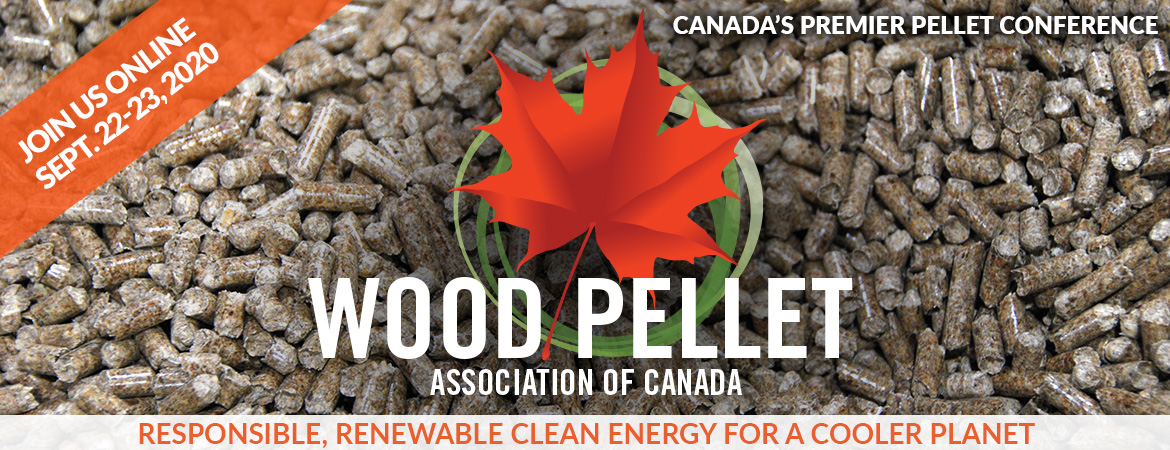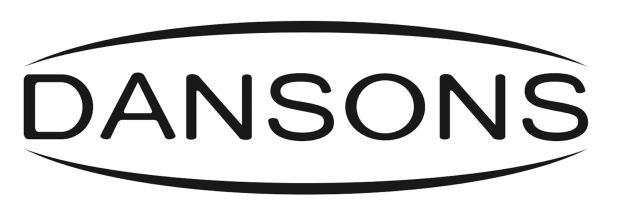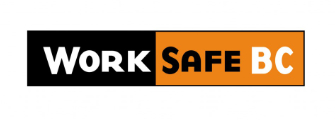

Virtual Event
WPAC Conference & AGM 2020 – Day 1
September 22, 2020 at
11:00am ET
On DEMAND (1 hour)
The Potential Heat Market for Wood Pellets in Canada
Speaker: Dr. Jamie Stephen, TorchLight Bioresources
WPAC recently commissioned TorchLight Bioresources to carry out a study of the potential heating market for wood pellets in Canada. Dr. Stephen presents the study’s findings.
TorchLight estimated that the addressable building heat market for wood pellets in Canada is 218 petajoules (PJ), or 11.8 million tonnes (Mt). It was determined that Atlantic Canada offers the greatest potential for building heat pellet market development due to a high rate of heating oil consumption and high carbon electricity in most Atlantic provinces. In addition to Atlantic Canada, Ontario represents a large market opportunity for replacement of propane in residential, commercial/institutional, and farm heat. Specific additional opportunities include displacement of heavy oil for heat applications at Saskatchewan farms and displacement of propane at Quebec farms and commercial/institutional buildings in Alberta.
An economic analysis, which included the impact of carbon pricing on cost, showed that pellets are the lowest cost low-carbon residential heating option in many instances. This is particularly true in jurisdictions with a high- carbon electricity grid, where adoption of heat pumps, the leading alternative to wood pellets, would have modest GHG reduction results. Although notably higher in capital cost than heating oil or propane furnaces, wood pellet boilers have a much lower upfront cost than geothermal exchange heat pumps and insulate owners from changes in electricity price and carbon intensity over time – risks for any electricity-based heat.
Jamie Stephen
Founder and Managing Director of TorchLight Bioresources
Dr. Jamie Stephen is the Founder and Managing Director of TorchLight Bioresources, a bioenergy and biofuels consulting and project development company. He has managed over 60 bioenergy projects for a broad variety of public and private sector clients including national and provincial governments, investment funds, manufacturers, infrastructure developers, airlines, transportation fuel producers, utilities, technology developers, First Nations, and energy industry associations. Projects have focused on industrial growth strategies, facility feasibility, technology deployment hurdles, and investment prioritization. Jamie holds a Masters in Chemical Engineering and a PhD in Bioenergy Economics from the University of British Columbia.
















